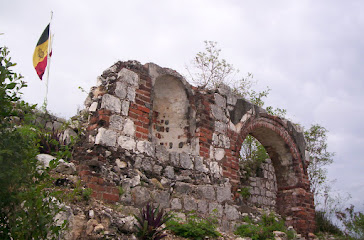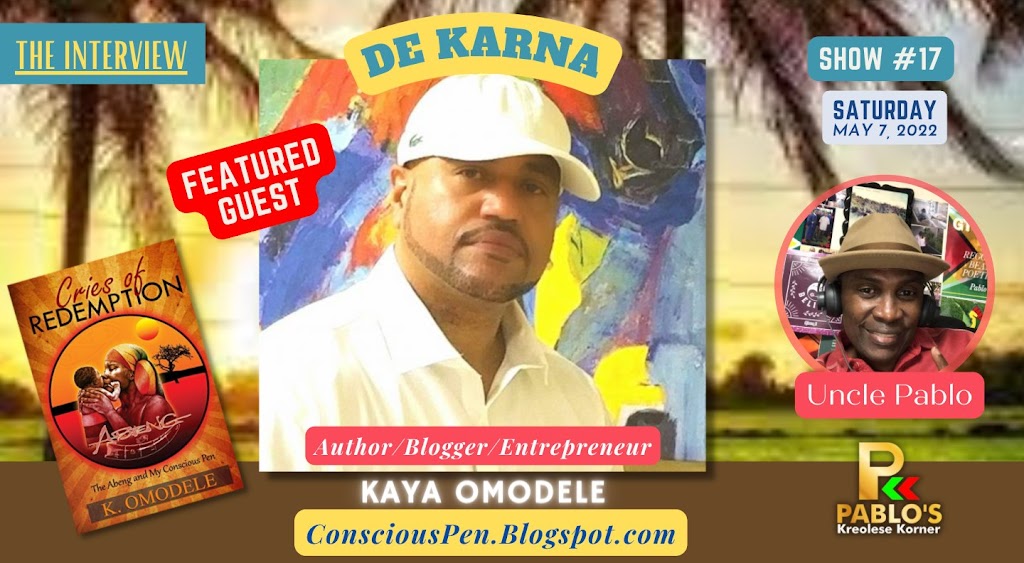Black History: The Haitian Revolution (The Revolt That Birthed a Nation-Part I)
by K. Omodele 2016 @TheAbeng
Introduction- Slave Revolts In the African Diaspora
There have been hundreds of slave revolts in the history of the African Trans-Atlantic slave trade. Africans resisted captivity in slave forts, on ships and plantations. In St. John and Guyana, slaves took over whole colonies, tasting freedom temporarily, before being re-conquered and re-enslaved.* Maroons in Jamaica, Surinam and Brazil, and Black Caribs in St. Vincent, fought colonial masters and militias to establish independent/sovereign societies that existed autonomously within individual slave colonies. However, the slave insurrection that is distinctive in achieving an ultimate level of success (freeing the whole slave colony AND forming an independent nation) is the epic Haitian Revolution.
“The revolution is made by ordinary people, not by angels, made by people from all walks of life.” ~ Dr. Walter Rodney
The Haitian Revolution was the most successful slave revolt in the history of the so-called New World (i.e. The Western Hemisphere). This revolution significantly affected dynamics in the histories of the West Indies, both Americas, the African Diaspora and Europe. Its events gradually formed a nation, but the revolution’s leaders didn’t learn their tactics in military academies studying the art of war or political science; nor were they propagating a new economic system or faith. These revolutionaries emerged off fields and fled plantations, first brandishing cutlasses, machetes, hoes and fire; then, with guns, cannons, more fire and cries of freedom, they executed revolts that became a revolutionary war that gave birth to Haiti** – the second independent republic in the Americas and the first nation formed by former African slaves.
Saint Domingue In The 1700s
In 1697, Spain ceded the Western third of Hispaniola to France. The Spanish called their colony Santo Domingo, the French called theirs Saint Domingue. In the 1700s, Saint Domingue was the most prosperous colony in the world and the richest in the entire French Empire. Africans slaved on highly profitable plantations where sugar was the chief crop, but others included tobacco, coffee, cocoa, indigo and cotton. By the end of the century, estimates have the population in Saint Domingue at:
– 30-40,000 Frenchmen (grand blancs and petit blancs)
– 22-27,000 Mulattoes and free Blacks (gens de coleur)
– 500,000+ Black/African slaves
“Nowhere in the West Indies in 1789 was there a greater hell on earth than the French Colony of Saint Domingue…” ~ Dr. Eric Williams
These various classes/castes within the society resented, often despised, each other. Being outnumbered over 10 to one, the Frenchmen, the plantation owners, were constantly on edge to hold on to the balance of power and so kept their African slaves in line by brutalizing them for slight offenses and beheading and racking them for insubordination. But these Whites themselves were divided by class: the grand blancs were the planters and merchants, while the petit blancs were the lower-class workers and laborers.
The Mulattoes and free Blacks had the right to own property but resented the fact that they had little or no legal rights.
Of course, slaves had no rights and so they despised the other classes.
*some leaders and members of these rebellions committed suicide rather than be taken alive and forced back into slavery.
** Haiti ~ Ayti was the Taino Arawak name for the island Columbus “claimed” for Spain, calling it Hispaniola (present-day Haiti and the Dominican Republic. Ayti ,means “Land of high mountains”
The Haitian Revolution Part 2 – Leaders of the revolution: Boukman, Touissant, Dessalines, Christophe, et.al.
References:
Fick, Carolyn E. The Making of Haiti: The Revolution from Below. Knoxville, Tenn., 1990.
James, C.L.R. The Black Jacobins: Touissant L’Ouverture and the San Domingo Revolution. 1938. Reprint. New York, 1963.
Williams, Eric. From Columbus to Castro- the History of The Caribbean 1492-1969
Williams, Eric. History of the People of Trinidad and Tobago. Reprint.








